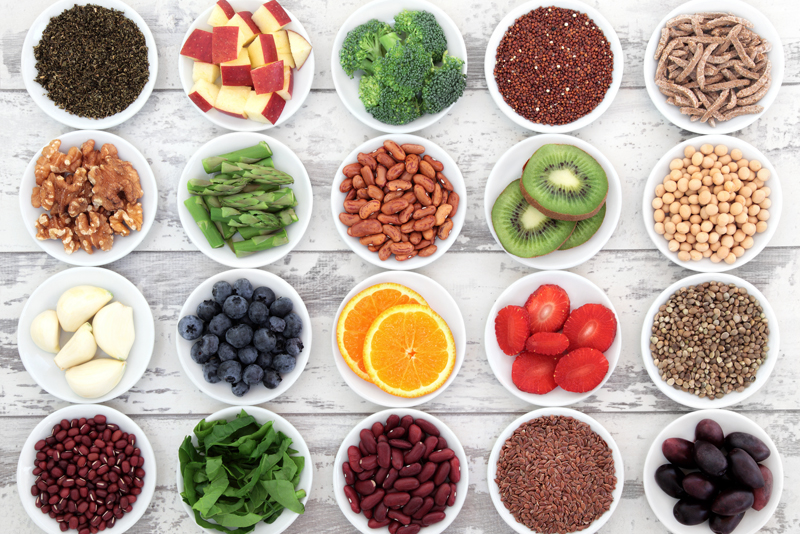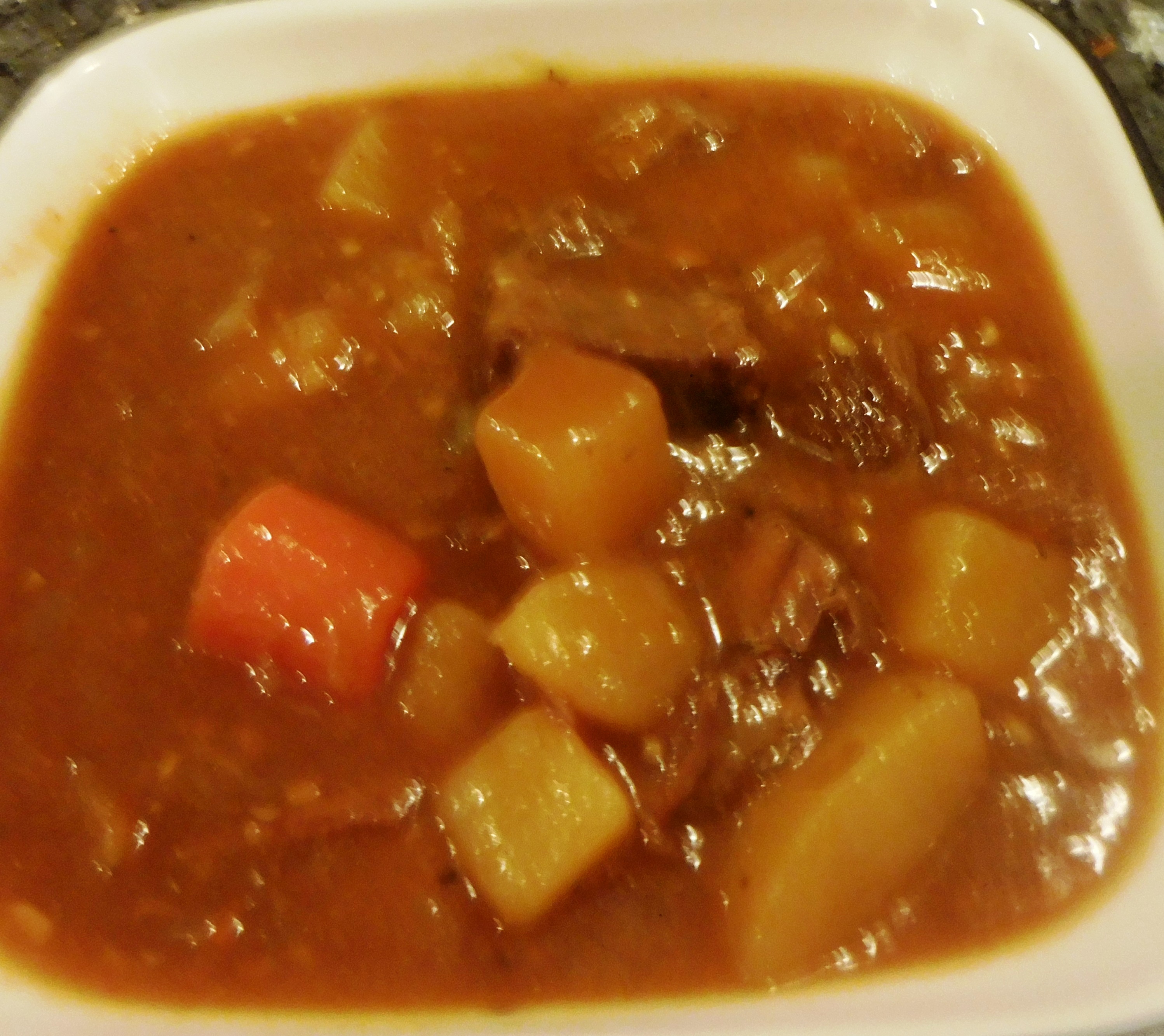Mulligan Stew Recipe

Mulligan Stew originated in the 1900s when homeless hobos collected ingredients and made them into a sort of community stew. Actually, the term “Mulligan” meant Irishman, so it was an Irish type stew, probably influenced by Irish immigrants. Over the years, Mulligan Stew has evolved and is a dish often served in bars, pubs, and some restaurants. It consists of beef and any vegetables that are on hand, as well as Irish stout. Generally the stew has a rich, thick, gravy-type sauce, and bread is essential to serve along with it.

If you have a multi-cooker, this can be made in it with no extra pans to wash; if not, the prep can be done on the stove and then completed in the slow cooker. Mulligan Stew is quintessential comfort food, and is an excellent hearty winter dish. Since it is essentially Irish, it’s also perfect to serve on St. Patrick’s Day. Irish Soda Bread (a savory version) is a great accompaniment, and a green salad, made with either lettuce or cabbage (very Irish) will round out the meal.
8 Servings
2 pounds beef chuck, brisket, or stew meat cut into 1" cubes
1/4 cup flour
1 teaspoon salt
1/2 teaspoon freshly ground black pepper
1 tablespoon vegetable oil
1 12 oz. bottle Irish Stout
4 cups beef stock
1 6 oz. can tomato paste
1 large onion, coarsely diced
4 to 6 carrots, peeled and cut into chunks
1 1/2 pounds potatoes, peeled and cut into chunks
3 cloves garlic, finely minced
Thickener
1 tablespoon cornstarch, mixed with 3 tablespoons cold water
Amount Per Serving
Calories 381 Calories from Fat 85
Percent Total Calories From:
Fat 22% Protein 35% Carb. 39%
Nutrient Amount per % Daily
Serving Value
Total Fat 9 g 15%
Saturated Fat 3 g 15%
Cholesterol 86 mg 29%
Sodium 775 mg 32%
Total Carbohydrate 37 g 12%
Dietary Fiber 2 g 6%
Sugars 0 g
Protein 34 g
Vitamin A 213% Vitamin C 47% Calcium 0% Iron 31%

If you have a multi-cooker, this can be made in it with no extra pans to wash; if not, the prep can be done on the stove and then completed in the slow cooker. Mulligan Stew is quintessential comfort food, and is an excellent hearty winter dish. Since it is essentially Irish, it’s also perfect to serve on St. Patrick’s Day. Irish Soda Bread (a savory version) is a great accompaniment, and a green salad, made with either lettuce or cabbage (very Irish) will round out the meal.
8 Servings
2 pounds beef chuck, brisket, or stew meat cut into 1" cubes
1/4 cup flour
1 teaspoon salt
1/2 teaspoon freshly ground black pepper
1 tablespoon vegetable oil
1 12 oz. bottle Irish Stout
4 cups beef stock
1 6 oz. can tomato paste
1 large onion, coarsely diced
4 to 6 carrots, peeled and cut into chunks
1 1/2 pounds potatoes, peeled and cut into chunks
3 cloves garlic, finely minced
Thickener
1 tablespoon cornstarch, mixed with 3 tablespoons cold water
- Place the beef in a bowl.
- Mix the flour, salt, and pepper; toss with the beef.
- Heat the vegetable oil in the pan of a multicooker (or if unavailable a Dutch oven on the stove).
- Add the beef and brown the pieces on all sides.
- Add the stout, beef stock, and tomato paste; bring to a boil and scrape the bottom to remove any fond. If using a pan on the stove, transfer the mixture to a 6-8 quart slow cooker.
- Add the remaining ingredients except thickener.
- Cover, set the multi-cooker or slow cooker to low, and let cook 4-6 hours or until the vegetables and meat are tender.
- Taste for seasoning and add additional salt and pepper if necessary.
- Stir in the thickener and let cook an additional 15-20 minutes or until thickened.
Amount Per Serving
Calories 381 Calories from Fat 85
Percent Total Calories From:
Fat 22% Protein 35% Carb. 39%
Nutrient Amount per % Daily
Serving Value
Total Fat 9 g 15%
Saturated Fat 3 g 15%
Cholesterol 86 mg 29%
Sodium 775 mg 32%
Total Carbohydrate 37 g 12%
Dietary Fiber 2 g 6%
Sugars 0 g
Protein 34 g
Vitamin A 213% Vitamin C 47% Calcium 0% Iron 31%

Related Articles
Editor's Picks Articles
Top Ten Articles
Previous Features
Site Map
Content copyright © 2023 by Karen Hancock. All rights reserved.
This content was written by Karen Hancock. If you wish to use this content in any manner, you need written permission. Contact Karen Hancock for details.







